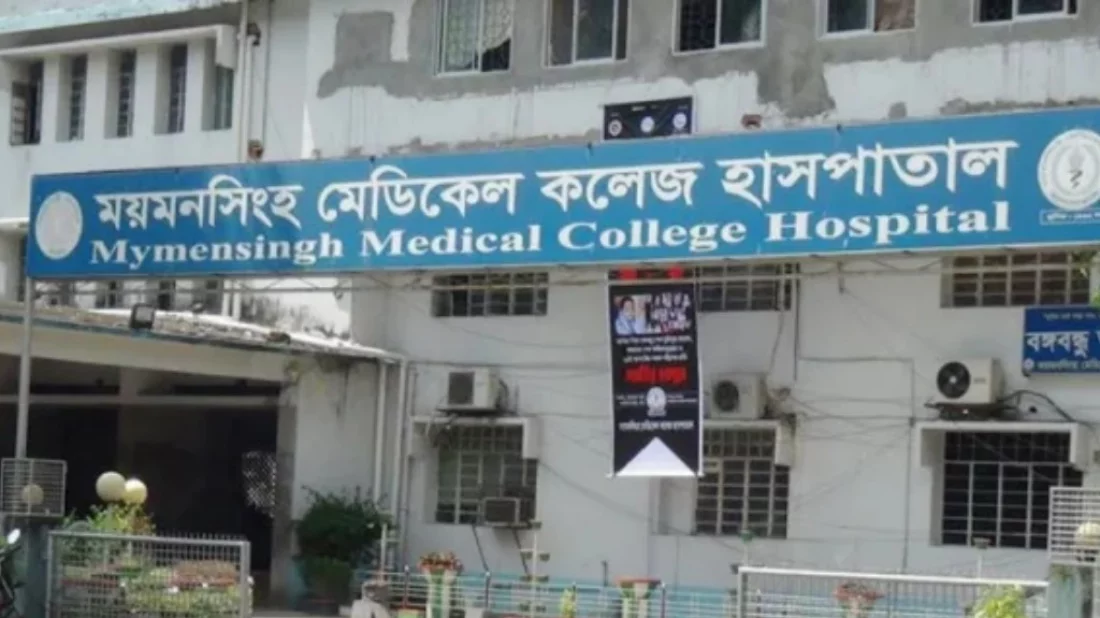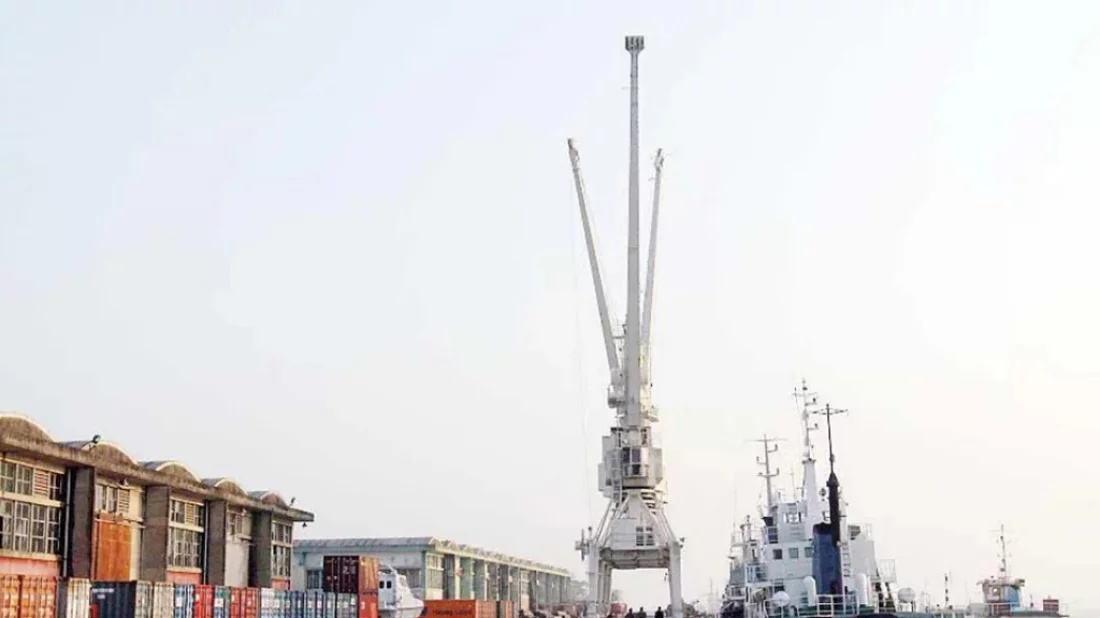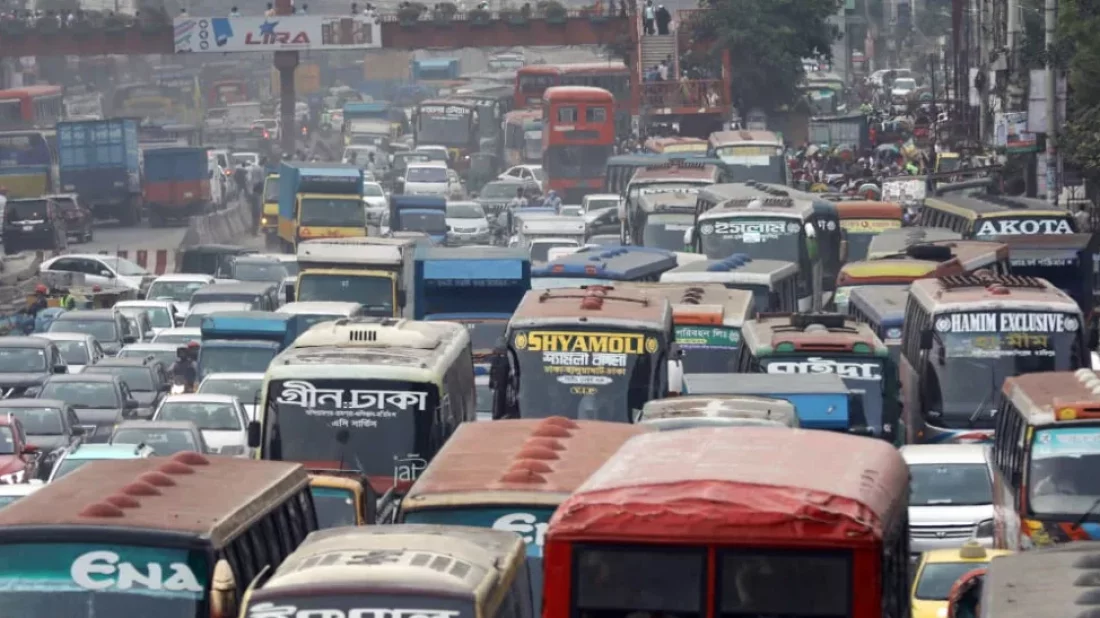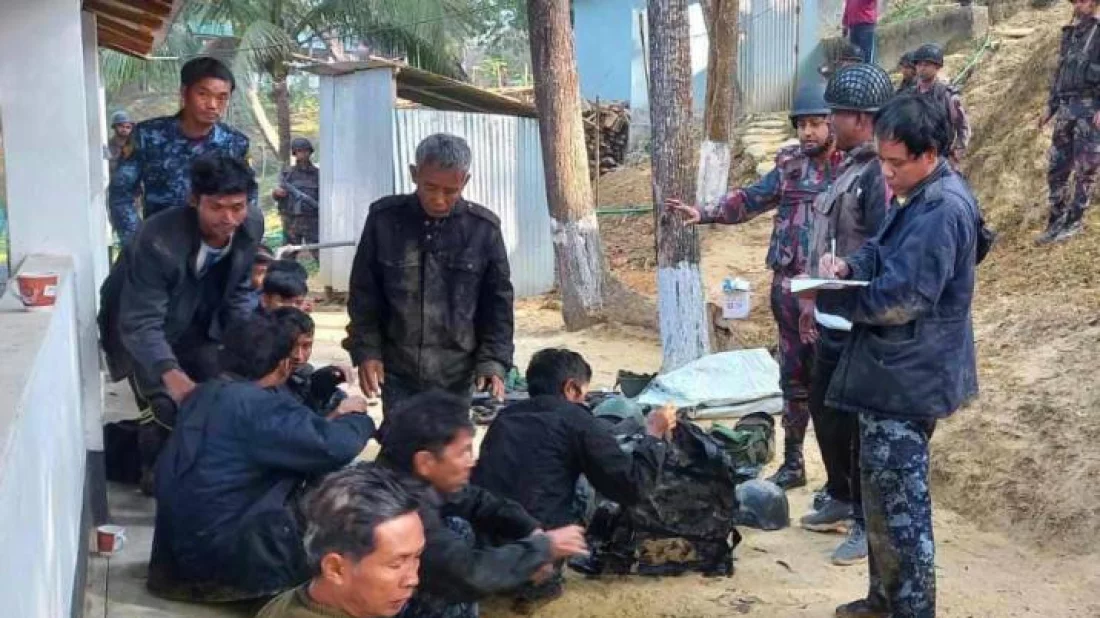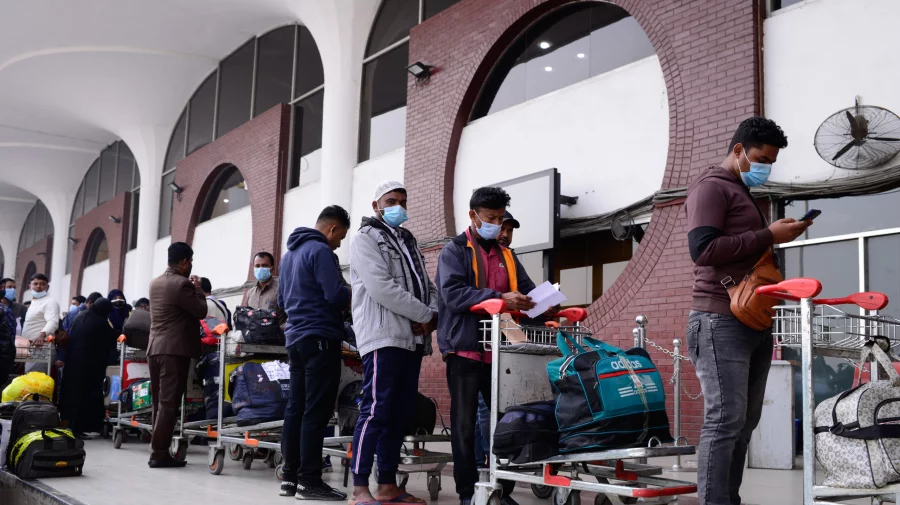
The manpower sector of the country is experiencing frequent threats from smart card fraudsters that the migrant workers have to collect from the Bureau of Manpower, Employment, and Training (BMET) while going abroad.
These migrant workers are suffering financial losses and are not getting work abroad.
This ring has defrauded hundreds of workers going to the UAE, Malaysia, and Saudi Arabia. Meanwhile, no one has any information about smart cards being issued illegally in other countries either.
To work abroad legally, one must be registered with the BMET. This registration can be done at the district office or online through the “Amiprobashi” app. After registration, the worker's documents are scrutinized, and a Smart Card is issued to him as clearance. Workers have to collect this card and go abroad.
In 2022, the Ministry of Expatriates' Welfare and Overseas Employment investigated the Smart Card fraud in the BMET. According to the inquiry committee's report, false exit permits (smart cards) have been issued to workers going to the UAE fraudulently. Recruiting agencies and brokers have sent workers abroad on fake smart cards without the ministry's employment permit. An investigation by the ministry found evidence that nine officers and employees of BMET and six recruiting agencies were involved in the fraud. But the investigation was limited in scope, against only eight agencies that sent people to the emirate. Similar frauds are feared to have occurred in other countries as well.
A three-person inquiry committee under the direction of Abdul Quader's then Additional Secretary discovered that BMET had issued 6,938 smart cards against 2,960 employment permits in the UAE. According to the report, it is shameful that 3,978 cards out of the total of 6,938 were issued through fraud.
Sources in the ministry said that there is no account of how many more smart cards have been issued in the case of other employment permits. But the number is huge.
In 2021, a total of 29,202 people went to the UAE, and until August 2022, another 70,203 Bangladeshi workers went to the UAE. It has not been investigated whether smart cards have been issued illegally in other countries as well.
At that time, the then director general of BMET, Shahidul Alam, said in his deposition that the documents were approved for input into the system after the approval of the ministry. Later, entries are made in the system. Accordingly, the exit clearance card is printed following the application to the recruiting agency. There is no opportunity to issue an exit card outside of the ministry's permit. But if it happened, then who gave it and how is not known.
However, the investigation by the ministry found evidence that nine officers and employees of the BMET and six recruiting agencies were involved in the fraud.
Later, Shahidul Alam said, in the context of another incident, that the fraud that has taken place is not through the clearance of BMET. An outside circle that produced cards resembling BMET cards did it. BMET officials are not involved in this, he claimed.
Last August, the ministry sent a letter to BMET asking them to file a criminal case against Al Mamun Overseas and a person named Mamun, as the allegations of deleting information from the BMET server through forgery were initially proven. A case was then filed in this regard.
The ministry initiated the investigation after a group of workers went to Malaysia last year. Recruiting agency Al Mamun Overseas resorted to fraud to send 150 workers to Malaysian company Exiaenergy (M) Sdn Bhd. However, the Malaysian government does not list the agency. For this reason, the demand letter for the appointment of these workers was issued in the name of Al Hera Overseas.
Al Mamun Overseas requested that Al Hera Overseas initiate the due process for BMET clearance without issuing passports to selected personnel. Al Hera Overseas started that process, but Al Mamun Overseas followed a different path. They sent 120 workers to Malaysia in the name of another company, Al-Khamiz International (RL 680), in late June last year with the involvement of the dishonest workers of BMET. But no one at Al-Khamiz International knew anything about it.
After learning about the matter, the owner of Al-Khamiz International, Farid Ahmad, filed a complaint against Al Mamun Overseas at the ministry on July 9, and BMET initiated an investigation. It also filed a case at Ramna police station in this incident.
The then Expatriate Welfare and Overseas Employment minister, Imran Ahmed, said that strict action will be taken against those responsible, and no one will be spared.
In January of this year, the application documents of a worker who wanted to go to Saudi Arabia came before a director of BMET. On reviewing the documents, the officer also found a smart card with the files. But he did not approve any of the documents. When he became suspicious about the card, he started looking at some other documents. Within a few days, the details of the 24 cards produced by the fraudster came out one by one. After that, a five-member inquiry committee was formed.
According to BMET officials, seven smart cards in the name of the recruiting agency Bangladesh Export Corporation (RL-803) were taken on January 2 and one card on January 3. Meanwhile, seven cards were taken in the name of R Saad International Limited (RL-1068) on January 1 and another five on January 3.
Talking to the officials of BMET, it was known that at that time the additional director general (ADG) of BMET was on leave. ADG (Training) Ashraful Islam was in charge of affairs at the time. He told the inquiry committee that he had not finalized any of these fraudulent papers and said that there was a precedent for hacking the system of the “Amiprobashi” app.
Amiprobashi Limited is providing online services as a digital service partner of BMET. Namir Ahmed, CEO of the company, said: “We do not have the power to prove or cancel any information about foreign travellers; this power is vested in the hands of BMET.”
The chief technical officer of the app told the inquiry committee that none of their officials or anyone else from outside had the chance to do such work except for the users of the system.
Therefore, the BMET is looking at shifting the server as a solution to stop fraud. The organization has given an opinion in favour of moving the current server to the Bangladesh Computer Council (BCC). A senior official of the BMET, who did not wish to be named, said that some of the server data has been moved to the BCC; the rest is expected to be moved very soon. It will be operated on a modern server system.






